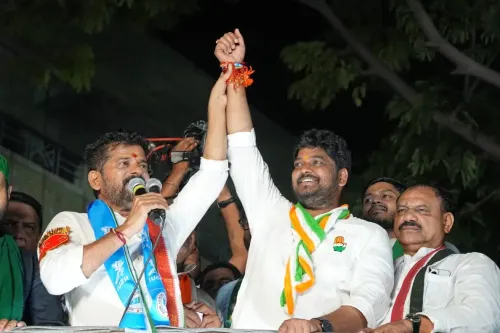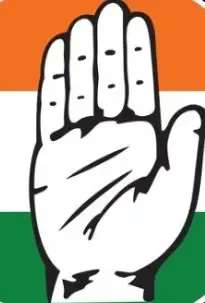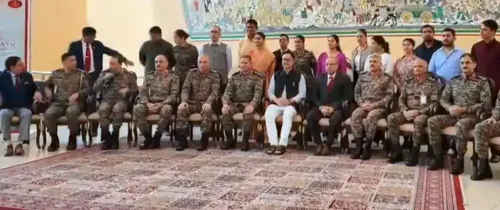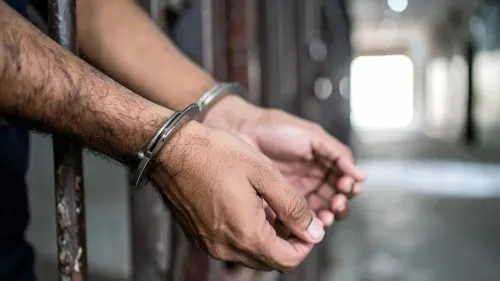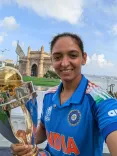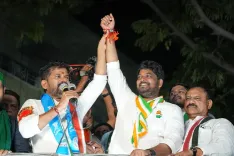Is UP an Integral Part of India or ‘Mini Pakistan’?
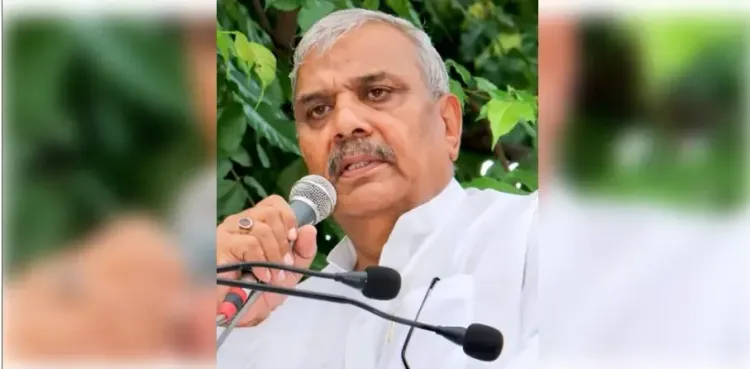
Synopsis
Key Takeaways
- Malik defends UP's identity as an integral part of India.
- Condemnation of divisive political rhetoric.
- Call for government action to preserve social harmony.
- Concerns over political manipulation during election periods.
- Emphasis on constitutional rights and secularism in India.
Muzaffarnagar, Sep 13 (NationPress) Samajwadi Party (SP) MP Harendra Malik has strongly condemned the controversial remarks made by Jagadguru Ramabhadracharya, who compared the Meerut region of Uttar Pradesh to a "Mini Pakistan" during a religious talk.
Malik refuted the statement, asserting that it is merely reflective of Ramabhadracharya’s personal views and does not signify the true essence of the region.
“We were born here, we live here. This is an integral part of India, and all citizens here are Indian — Hindustani, Bharatiya,” the SP leader emphasized.
Malik also rejected Baba Bageshwar’s call for transforming India into a “Hindu Rashtra,” stating, “We believe in the Constitution. We neither support nor accept any statement that contradicts it.”
He characterized India as a constitutional and secular republic, where history has demonstrated that Hindus and Muslims have coexisted peacefully. He deemed such divisive comments as regrettable and urged the government to take decisive measures to safeguard social harmony.
Expressing concern over the timing of these remarks, Malik said, “Such statements often surface near elections. There could be a political agenda behind them aimed at inciting Hindu-Muslim discord.”
He cautioned that these intentional provocations could tarnish the reputation of Uttar Pradesh Chief Minister Yogi Adityanath and his administration. He added, “Western Uttar Pradesh upholds the politics of respect, not coercion.”
When questioned about the Rashtriya Lok Dal (RLD) and BJP running separately in district panchayat elections, Malik refrained from commenting, labeling it an internal issue between the two parties.
On the recent political turmoil in Nepal, Malik stated he does not endorse coups but acknowledged that the people of Nepal are voicing their opposition to oppression. “This should serve as a lesson to all nations. I caution the Indian government against exerting undue pressure on its citizens — otherwise, citizens might take to the streets,” he commented.
In conclusion, Malik remarked, “We hope that such a situation never arises in India. Riots have always harmed the nation. The government must not infringe upon people’s constitutional rights.”

